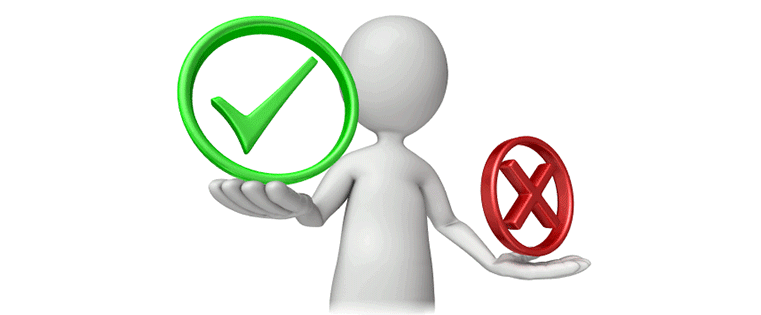Plagiarism
Types of sources you do and do not need to acknowledge to avoid plagiarism
- Any direct quotes or specific data original to another person's work - these should always be cited. This includes statistics and study results.
XXX - Direct paraphrases and summaries.
XXX - Concepts and theories, which should be documented carefully. Students often forget this, which is a serious error. See 'Idea Plagiarism' in the previous chapter.
XXX
In general, then, if you use something that you did not make up or say yourself, and if what you use is not considered common knowledge, cite it. If you are unsure whether to give credit for something, it’s often best to cite it anyway, just in case.
XXX
You do not need to document:
- Standard definitions from dictionaries or background information from encyclopaedia articles. Of course, if you quote word-for-word from the dictionary or encyclopaedia you must cite the quote, but dictionaries and encyclopaedias are usually not considered good sources for advanced research papers.
XXX - Facts, dates, concepts, and events over which there is no debate, such as the battle sites of the Civil War, or the fact that Renoir was a French Impressionist painter. "Common knowledge does not belong to any one writer in particular."*
XXX
When you research a topic, you should use many kinds of sources (not just your text book, the internet or your own knowledge and class notes!). Common knowledge sources are a good starting point, but as your research becomes more specialised, you should look for credible works that make specific points and arguments about your topic. This will help to shape your own thinking. As you move from researching to writing your essay or assignment, try to develop your own point or argument, just as the writers of your sources have done.
XXX
Documenting and using those sources in your essay or assignment which have helped shape your points and arguments demonstrates your honesty, convinces your reader that you have researched the larger discussion around your topic, and provides the details (citations) of your sources so that your reader can look them up and learn more.
XXX
XXX
*This page has been losely adapted from: http://www.wcu.edu/WebFiles/PDFs/Avoiding-Plagiarism-2014.pdf
